Leveraging AI for Data Privacy: 4 Benefits Developers Should Know
As developers, we're often on the front lines of implementing privacy solutions. Whether you're building web applications that need cookie consent mechanisms or working with sensitive data that requires careful handling, privacy compliance is increasingly becoming part of our responsibility. The good news? AI is transforming this space, making privacy management more developer-friendly and effective. Let's dig into four key benefits of AI-powered privacy solutions that can make your life easier while delivering better privacy outcomes. 1. Efficiency & Scalability We developers love automation—it's in our DNA. So why are we still handling privacy compliance manually? AI-powered privacy solutions take this efficiency to the next level: Processing millions of consent signals and data points in seconds Automating compliance checks that would take weeks to perform manually Privacy assessments that run 86% faster than traditional methods Systems that scale automatically with your user base and data volume This means you can focus on building features users love instead of drowning in privacy implementation details. Rather than spending hours configuring cookie banners or writing consent logic, you can implement an AI-driven solution that handles these concerns intelligently. 2. Enhanced Accuracy: Precision Privacy Management Let's face it—implementing complex privacy requirements across distributed systems is challenging, and human error is inevitable. AI dramatically improves accuracy by: Eliminating inconsistencies in privacy implementation across different parts of your stack Detecting 99.7% of unauthorized data access attempts (far better than manual monitoring) Consistently applying privacy rules across all environments (dev, staging, production) Precisely identifying sensitive data patterns, even in unstructured data For developers, this means fewer privacy-related bugs, reduced technical debt, and lower risk of costly privacy incidents that could force emergency patches later. Proactive Monitoring: Shifting Left on Privacy 3. Proactive Monitoring: Shifting Left on Privacy Just as we've embraced "shift left" for security testing, AI enables us to take a proactive approach to privacy. Instead of discovering privacy issues after they impact users, AI systems can: Identify anomalous data access patterns before they become incidents Reduce privacy issue detection time from months to hours Filter out false positives that would otherwise waste developer time Continuously monitor across your entire application architecture With 53% of organizations struggling with advanced privacy threats, this proactive capability is particularly valuable for development teams building data-intensive applications. It transforms privacy from a reactive compliance exercise to a proactive engineering practice. 4. Automated Compliance: Keeping Pace with Regulatory Changes Privacy regulations are constantly evolving, and keeping your applications compliant can feel like hitting a moving target. AI solutions offer regulatory adaptability that's invaluable for development teams: Real-time updates to privacy logic when regulations change Machine learning algorithms that verify compliance status continuously Consistent policy enforcement across all regions where your app operates Automated audit logging that saves you from building custom reporting tools This adaptability means your applications can stay compliant without requiring constant refactoring of privacy-related functionality. When a new regulation comes into effect, the AI system adapts automatically, rather than requiring extensive development work. Implementing AI-Powered Privacy with Seers AI If you're looking to implement these AI capabilities in your applications, Seers AI offers a developer-friendly solution that integrates these four benefits into their Cookie Consent Management platform. Their API-first approach means you can add intelligent consent management to your applications with minimal integration effort. Instead of building complex cookie consent systems from scratch, you can leverage their AI capabilities through clean, well-documented endpoints. By integrating with platforms like Seers AI, development teams can focus on their core product features while ensuring privacy compliance is handled intelligently and automatically. Conclusion As privacy requirements become more complex, AI is emerging as an essential tool in the developer's toolkit. The four benefits we've explored—efficiency, accuracy, proactive monitoring, and automated compliance—combine to make privacy management more developer-friendly while delivering better outcomes for users. Whether you're building web applications, mobile apps, or data-intensive systems, leveraging AI for privacy management can reduce development overhead while improving privacy outcomes.
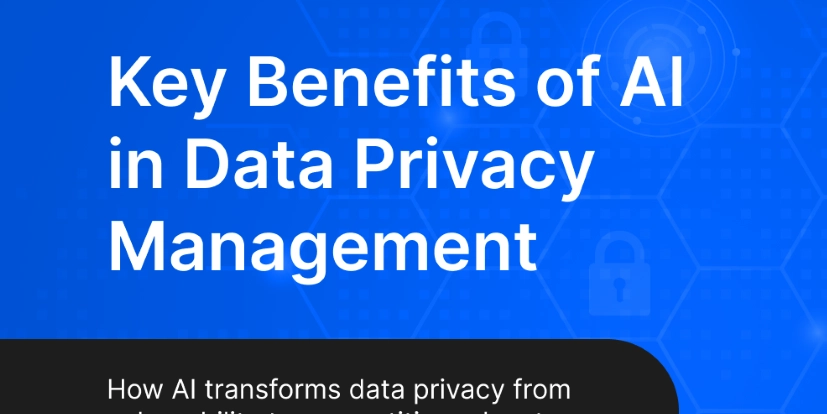
As developers, we're often on the front lines of implementing privacy solutions. Whether you're building web applications that need cookie consent mechanisms or working with sensitive data that requires careful handling, privacy compliance is increasingly becoming part of our responsibility. The good news? AI is transforming this space, making privacy management more developer-friendly and effective.
Let's dig into four key benefits of AI-powered privacy solutions that can make your life easier while delivering better privacy outcomes.
1. Efficiency & Scalability
We developers love automation—it's in our DNA. So why are we still handling privacy compliance manually?
AI-powered privacy solutions take this efficiency to the next level:
- Processing millions of consent signals and data points in seconds
- Automating compliance checks that would take weeks to perform manually
- Privacy assessments that run 86% faster than traditional methods
- Systems that scale automatically with your user base and data volume
This means you can focus on building features users love instead of drowning in privacy implementation details. Rather than spending hours configuring cookie banners or writing consent logic, you can implement an AI-driven solution that handles these concerns intelligently.
2. Enhanced Accuracy: Precision Privacy Management
Let's face it—implementing complex privacy requirements across distributed systems is challenging, and human error is inevitable.
AI dramatically improves accuracy by:
- Eliminating inconsistencies in privacy implementation across different parts of your stack
- Detecting 99.7% of unauthorized data access attempts (far better than manual monitoring)
- Consistently applying privacy rules across all environments (dev, staging, production)
- Precisely identifying sensitive data patterns, even in unstructured data
For developers, this means fewer privacy-related bugs, reduced technical debt, and lower risk of costly privacy incidents that could force emergency patches later.
Proactive Monitoring: Shifting Left on Privacy
3. Proactive Monitoring: Shifting Left on Privacy
Just as we've embraced "shift left" for security testing, AI enables us to take a proactive approach to privacy. Instead of discovering privacy issues after they impact users, AI systems can:
- Identify anomalous data access patterns before they become incidents
- Reduce privacy issue detection time from months to hours
- Filter out false positives that would otherwise waste developer time
- Continuously monitor across your entire application architecture
With 53% of organizations struggling with advanced privacy threats, this proactive capability is particularly valuable for development teams building data-intensive applications. It transforms privacy from a reactive compliance exercise to a proactive engineering practice.
4. Automated Compliance: Keeping Pace with Regulatory Changes
Privacy regulations are constantly evolving, and keeping your applications compliant can feel like hitting a moving target. AI solutions offer regulatory adaptability that's invaluable for development teams:
- Real-time updates to privacy logic when regulations change
- Machine learning algorithms that verify compliance status continuously
- Consistent policy enforcement across all regions where your app operates
- Automated audit logging that saves you from building custom reporting tools
This adaptability means your applications can stay compliant without requiring constant refactoring of privacy-related functionality. When a new regulation comes into effect, the AI system adapts automatically, rather than requiring extensive development work.
Implementing AI-Powered Privacy with Seers AI
If you're looking to implement these AI capabilities in your applications, Seers AI offers a developer-friendly solution that integrates these four benefits into their Cookie Consent Management platform.
Their API-first approach means you can add intelligent consent management to your applications with minimal integration effort. Instead of building complex cookie consent systems from scratch, you can leverage their AI capabilities through clean, well-documented endpoints.
By integrating with platforms like Seers AI, development teams can focus on their core product features while ensuring privacy compliance is handled intelligently and automatically.
Conclusion
As privacy requirements become more complex, AI is emerging as an essential tool in the developer's toolkit. The four benefits we've explored—efficiency, accuracy, proactive monitoring, and automated compliance—combine to make privacy management more developer-friendly while delivering better outcomes for users.
Whether you're building web applications, mobile apps, or data-intensive systems, leveraging AI for privacy management can reduce development overhead while improving privacy outcomes.






















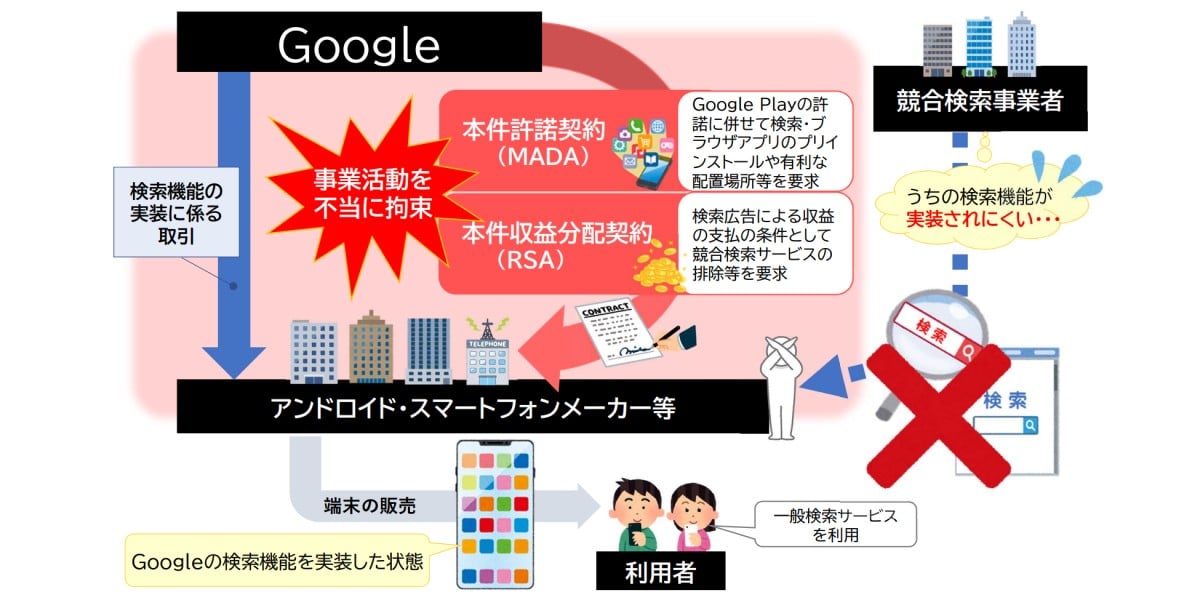



















































































































































![[The AI Show Episode 144]: ChatGPT’s New Memory, Shopify CEO’s Leaked “AI First” Memo, Google Cloud Next Releases, o3 and o4-mini Coming Soon & Llama 4’s Rocky Launch](https://www.marketingaiinstitute.com/hubfs/ep%20144%20cover.png)














































































































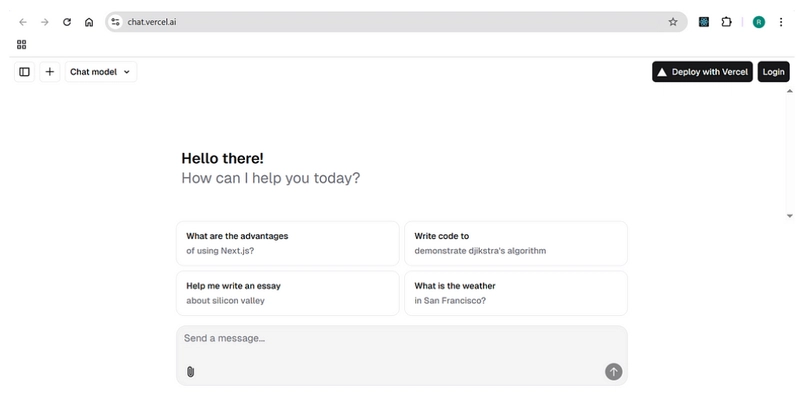

































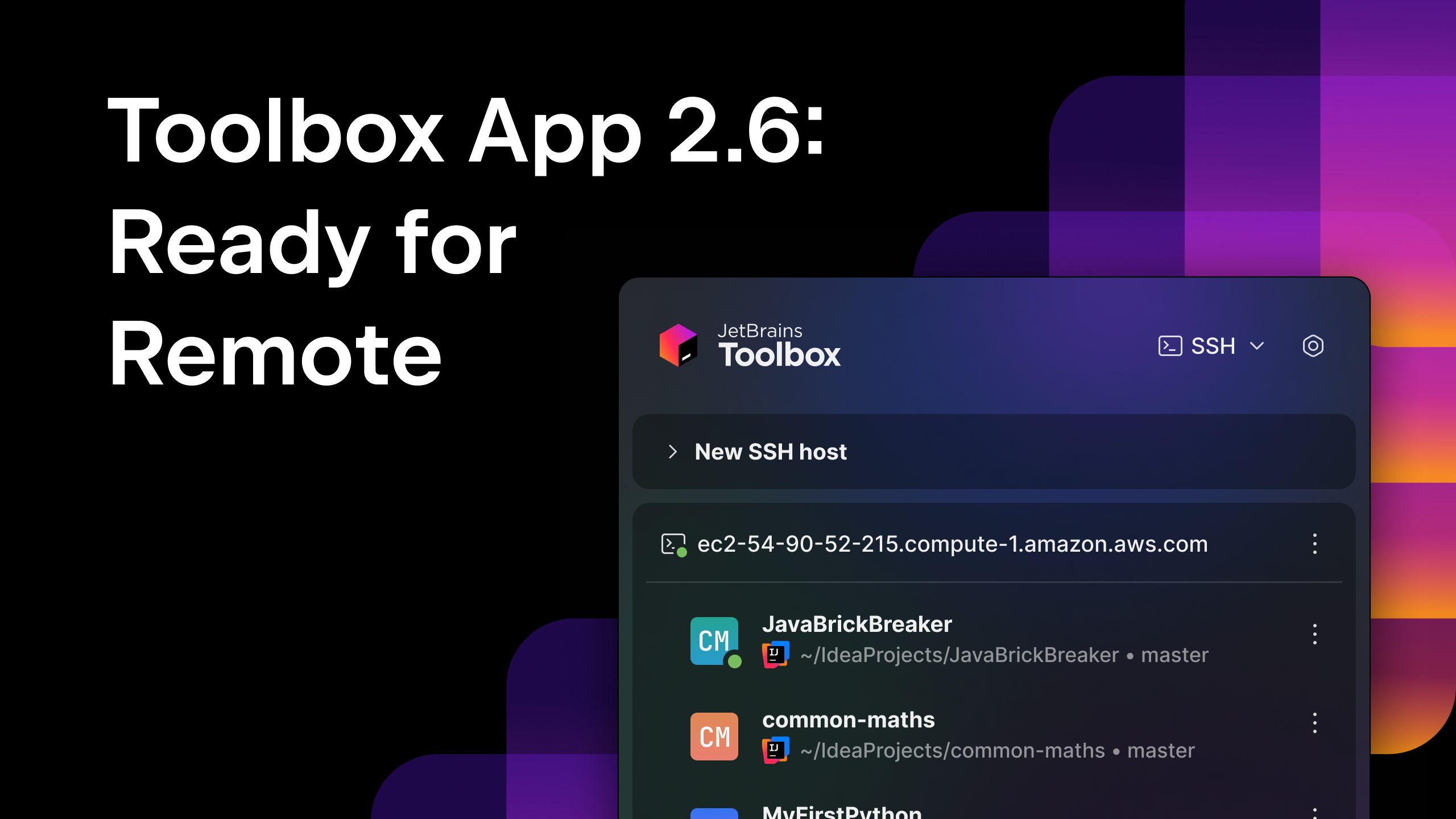





















































![Blue Archive tier list [April 2025]](https://media.pocketgamer.com/artwork/na-33404-1636469504/blue-archive-screenshot-2.jpg?#)
































.png?#)









-Baldur’s-Gate-3-The-Final-Patch---An-Animated-Short-00-03-43.png?width=1920&height=1920&fit=bounds&quality=70&format=jpg&auto=webp#)











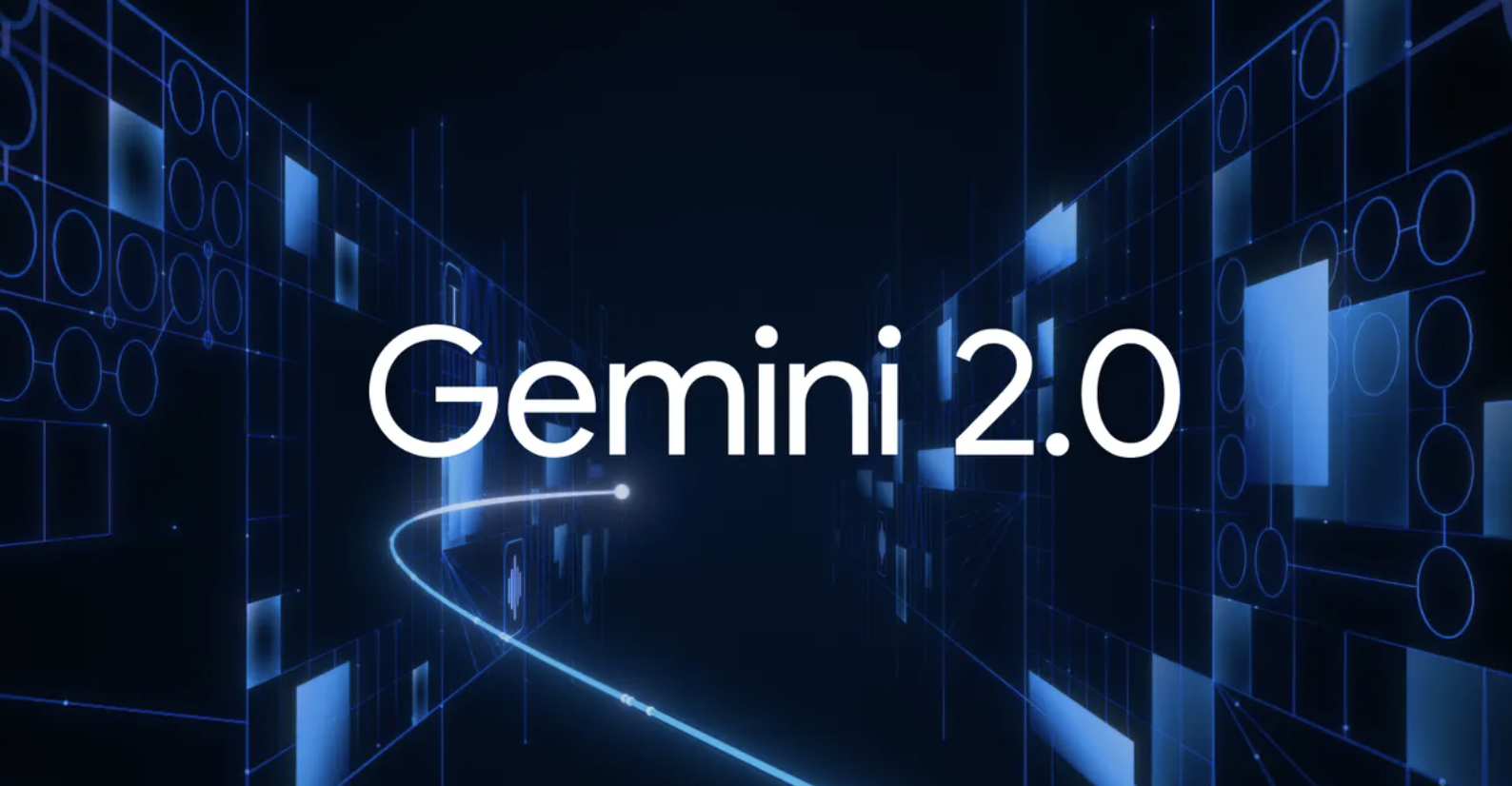












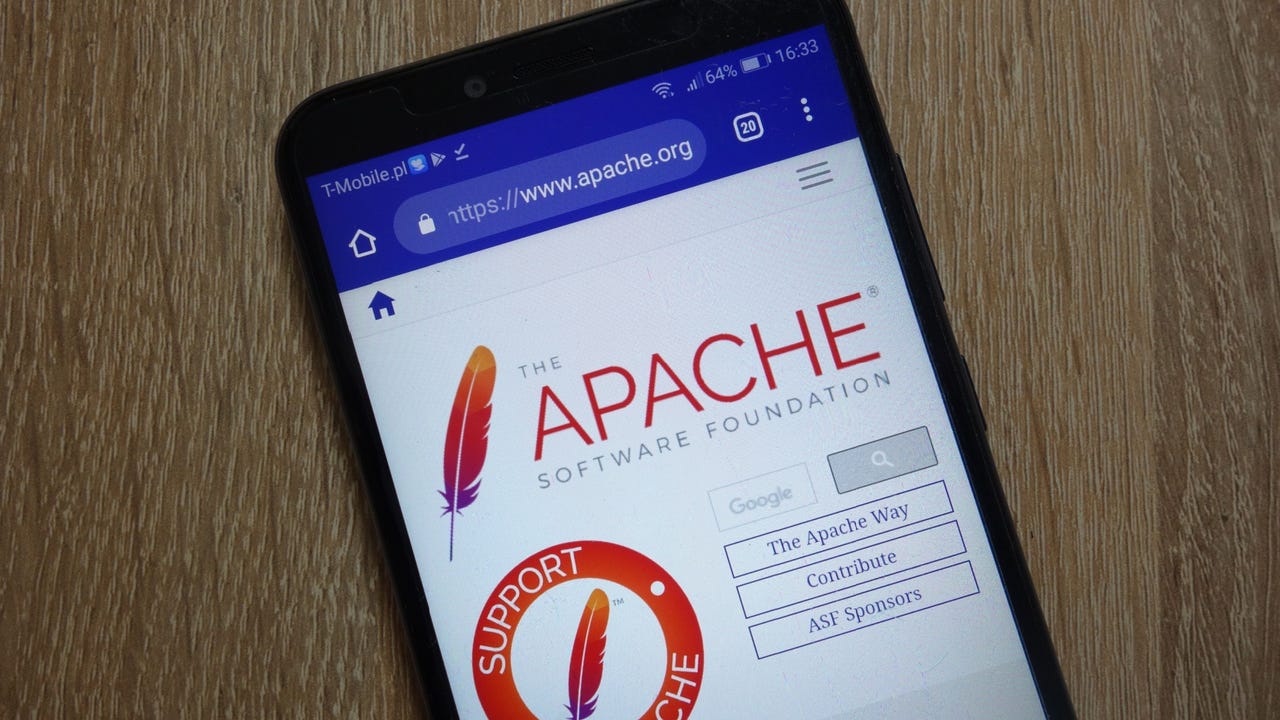















































































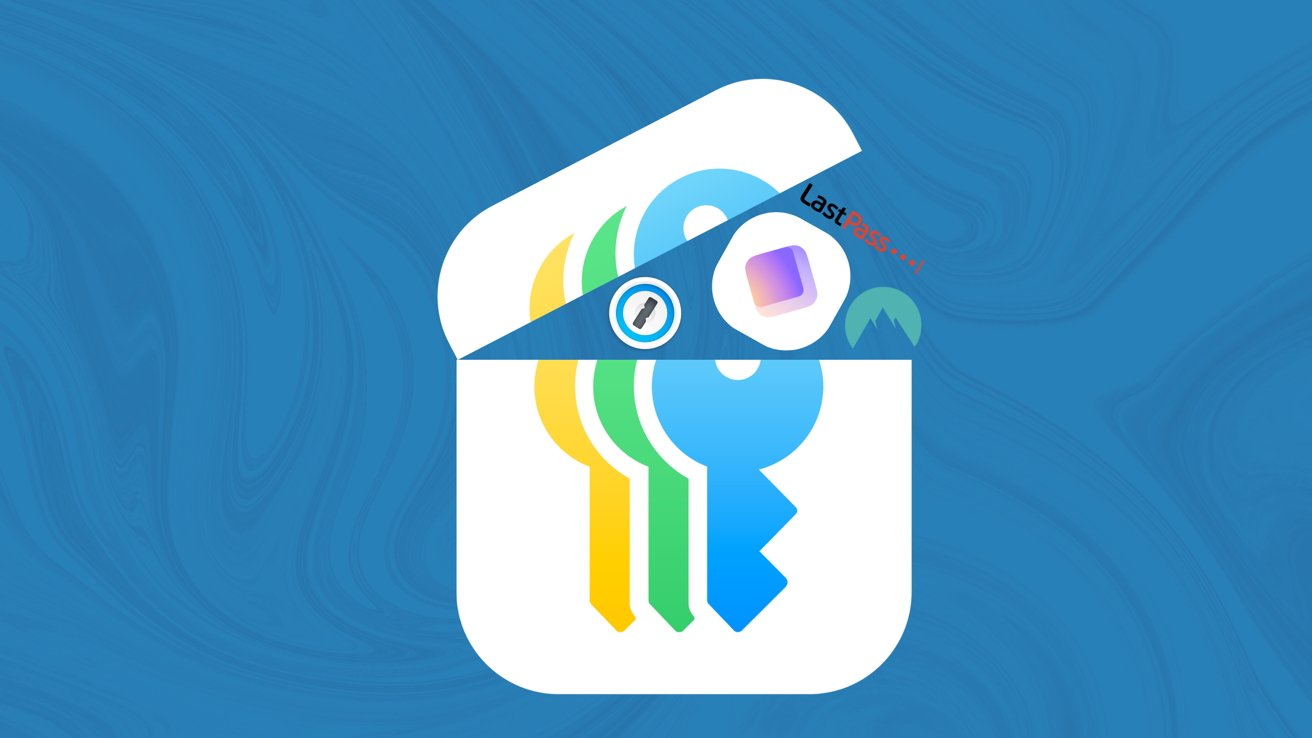
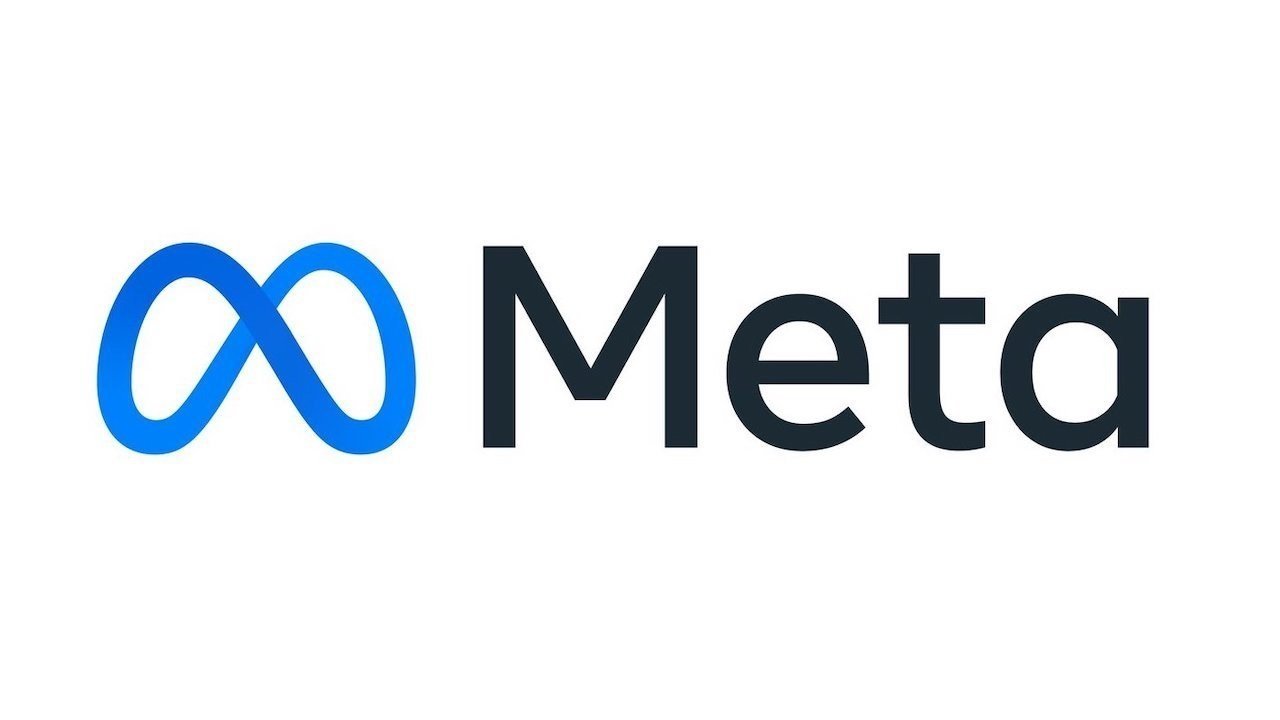





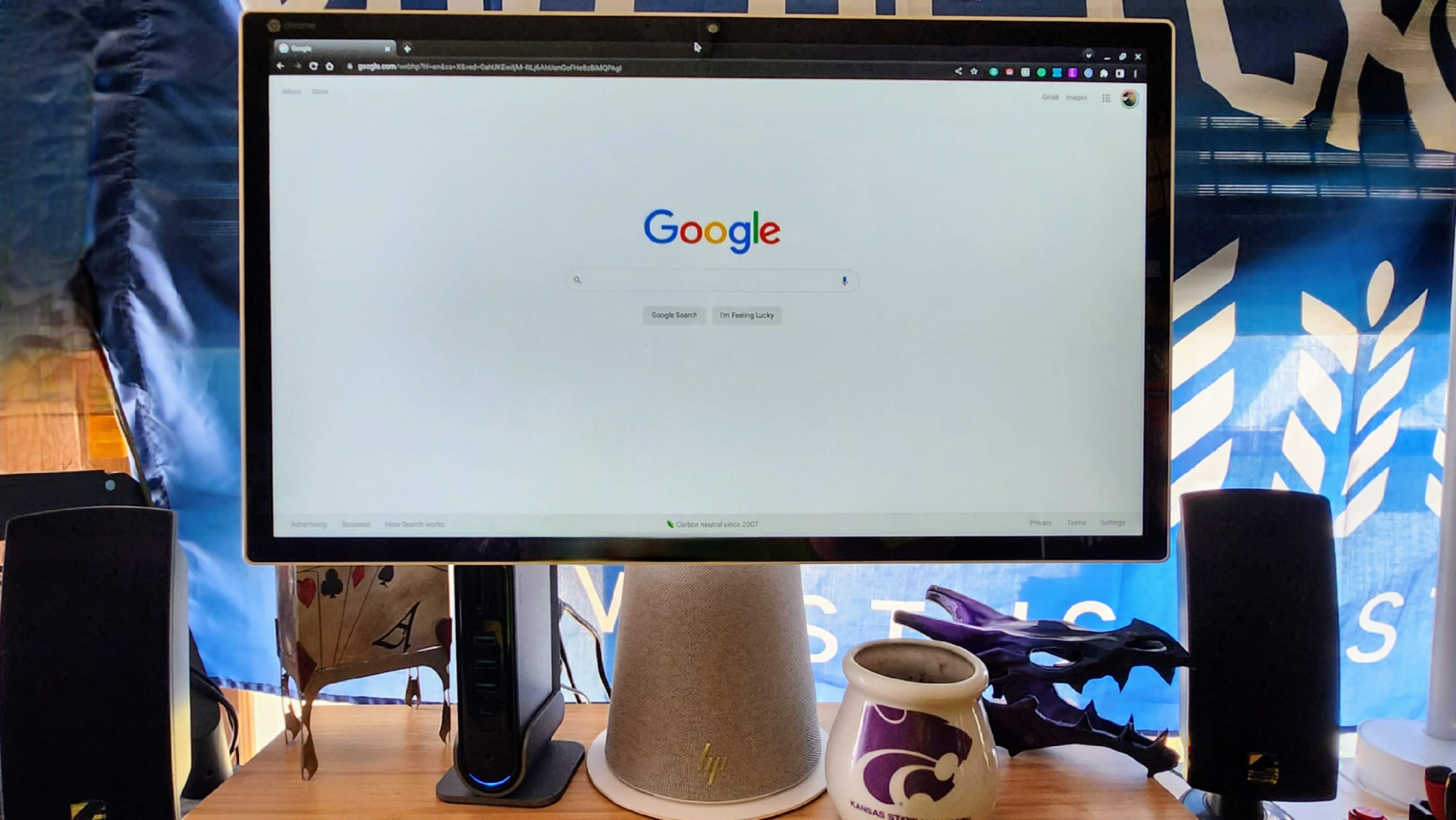

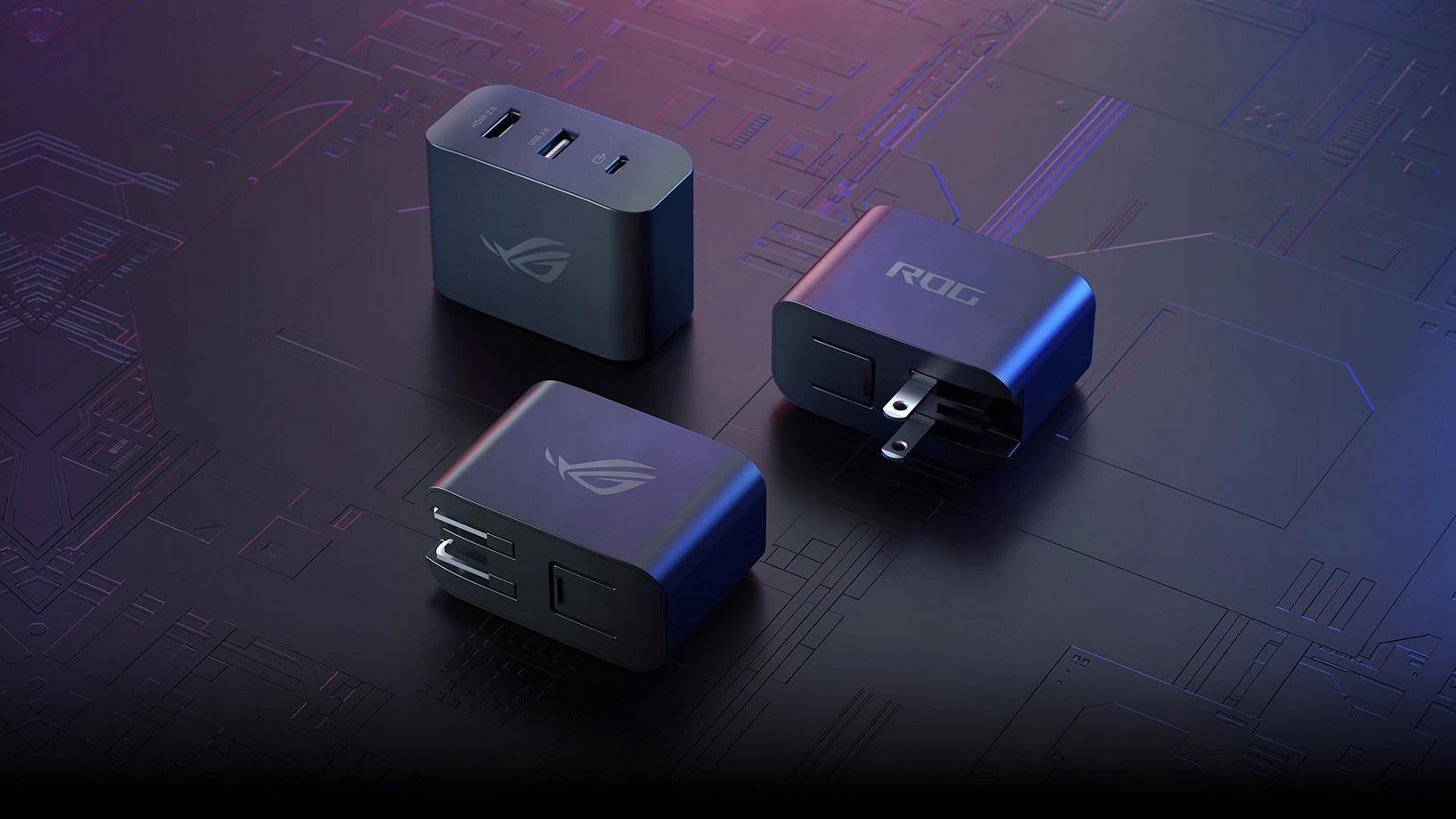




















![Apple to Split Enterprise and Western Europe Roles as VP Exits [Report]](https://www.iclarified.com/images/news/97032/97032/97032-640.jpg)
![Nanoleaf Announces New Pegboard Desk Dock With Dual-Sided Lighting [Video]](https://www.iclarified.com/images/news/97030/97030/97030-640.jpg)

![Apple's Foldable iPhone May Cost Between $2100 and $2300 [Rumor]](https://www.iclarified.com/images/news/97028/97028/97028-640.jpg)


































































































































